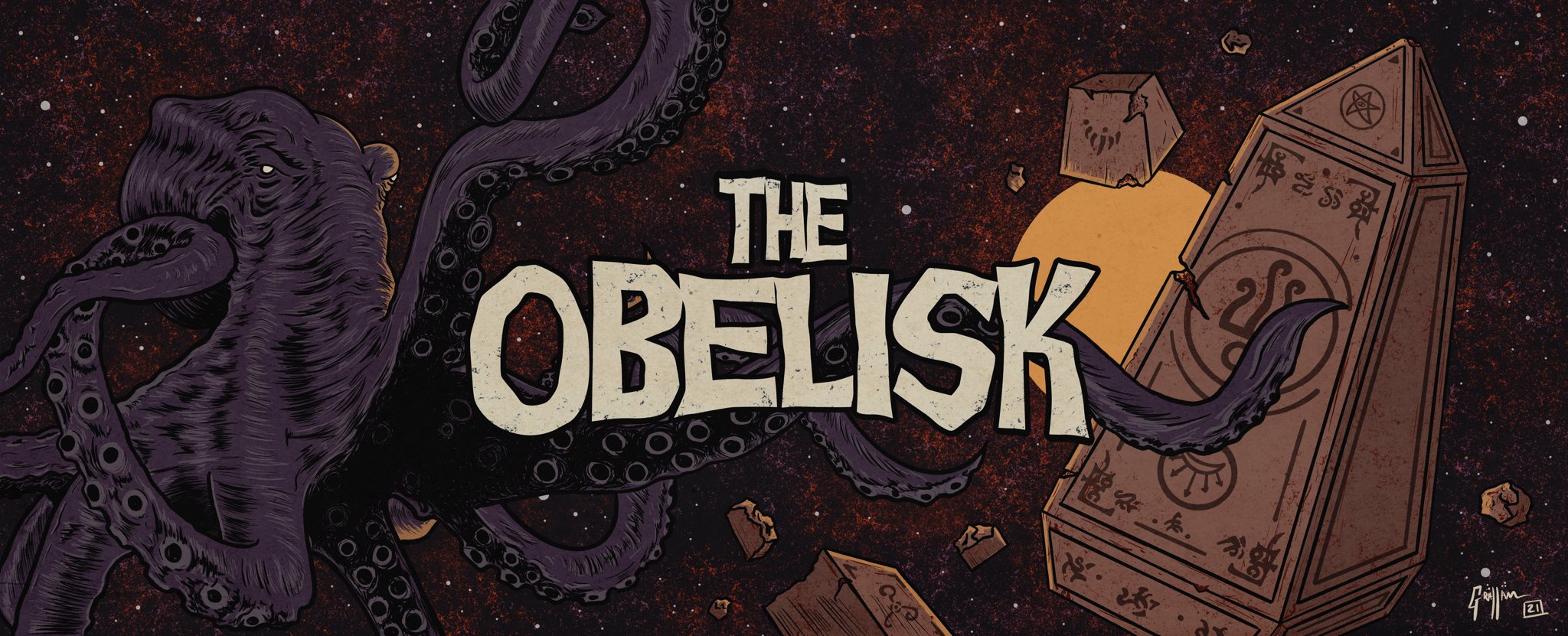Giobia, Introducing Night Sound: Hundred Comets Landing
Posted in Reviews on July 1st, 2013 by JJ KoczanBecause it’s so fluid and because the nature of the band’s sound sets up such a strong flow between the individual songs, it’s easy to listen to Introducing Night Sound, the third album from Italian psychedelic rockers Giobia, and not immediately get the full sense of how varied the tracks actually are. Though they seem most consistently at home somewhere between late-’60s psych-pop and more brash, stripped down garage rock, Giobia (also written Giöbia, with an umlaut), also work in an array of elements from post-rock and shoegazing experimental drones as well as space rock and even hints of New Wave-type progressive rhythms. This results in a wide berth for Introducing Night Sound (released by Sulatron Records), but to their credit, Giobia handle the turns expertly and with a consistent undercurrent of warm, analog tones and organ/synth, the album leaves an impression at once familiar for its classic aesthetic and individualized for the way it works within its style. The Milan-based foursome of Stefano Bazu Basurto (vocals, guitar, sitar, bouzouki), Paolo Detrji Basurto (bass), Stefano Betta (percussion) and Saffo Fontana (organ, synth, violin, vocals) are resoundingly cohesive, but songs like “Karmabomb” and the later Santana cover “No One to Depend On” still carry a loose sensibility to their swaggering groove, spanning decades in a matter of minutes and enacting, certainly in the case of the latter, a catchy pop drama that’s well met by Paolo‘s running basslines and a persistent build in Betta‘s drums. Introducing Night Sound can be moody, but it never fails to engage the listener and for an album that rests at a vinyl-ready 42 minutes, it provides a deceptively rich and lasting listening experience.
Psych is the order of the day right from the effects-driven beginning of the opening title-track, which mounts an immediate swirl of guitar and layers of synth, Stefano‘s vocals echoing out with a nonchalant kind of drawl as the music picks up in response. They waste no time holding back the groove, which is straightforward enough to ground the psych flourish and meandering sensibility of the instrumental midsection before the verse returns. In this way, the opener sets up some of Introducing Night Sound‘s pulse — you might say it introduces it — but there’s no way the full scope could be captured within one song and have it actually work. Second cut “Can’t Kill” follows with an underlying swagger in its kick drum that’s offset by a soaking-wet psychedelic vibe, giving an alternate-universe coolness to the proceedings before the pace kicks up in the last minute to lead into the sitar-vibery of “Karmabomb,” never quite getting bombastic, but still managing to surprise. Post-rock guitar echoes and synth meet with tambourine-inclusive late ’60s groove, but the vocals, semi-spoken, contribute a more mod-ern feel. Nonetheless, the synth work in the middle is glorious and the complementing guitar only adds to the lush-but-natural appeal of the song, which is a highlight of the album, even though the subsequent “A Hundred Comets” introduces crunchier guitars and some of that Dead Meadow-type languidness that still strikes with a New Wave influence. At 6:27, “A Hundred Comets” is the longest track on Introducing Night Sound, and it wanders as one might expect, but Giobia never go farther than the song warrants, indulging a bit but not losing sight either of the song or their audience.






